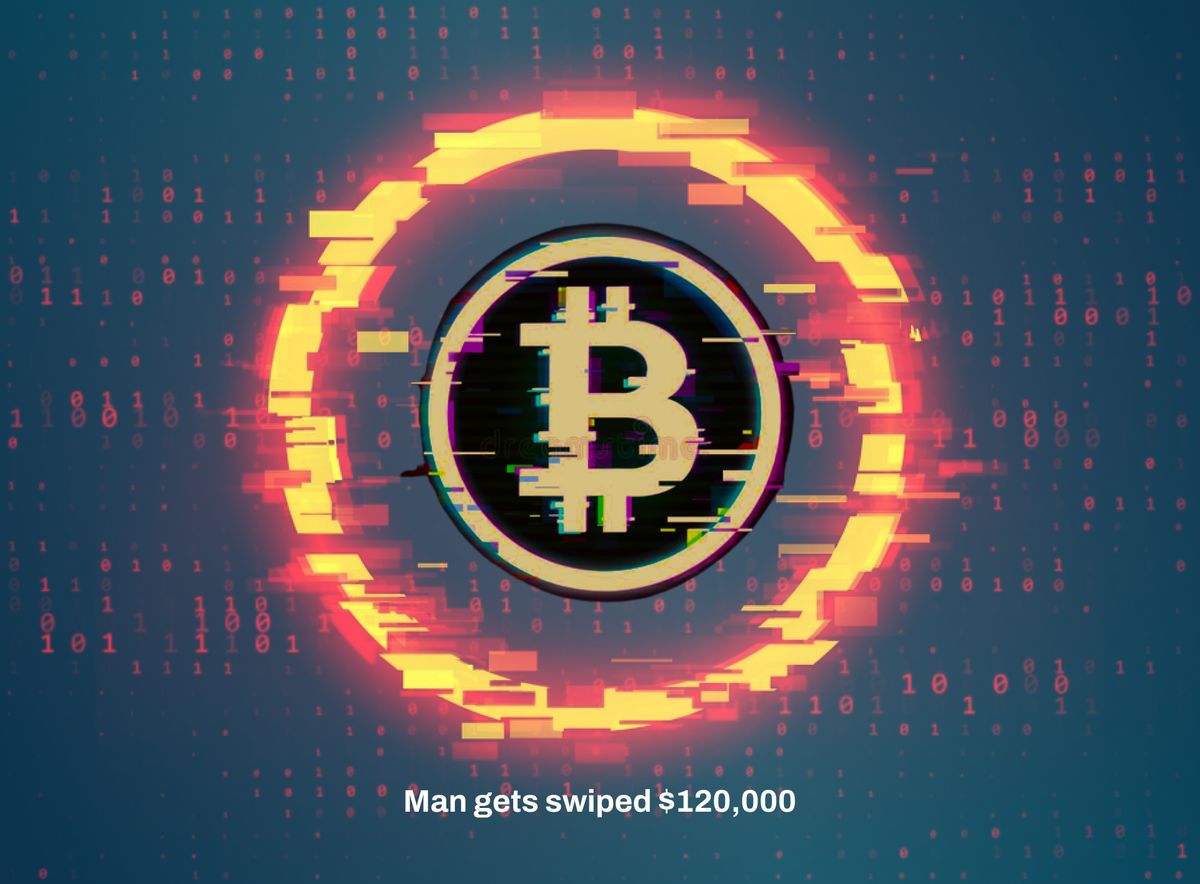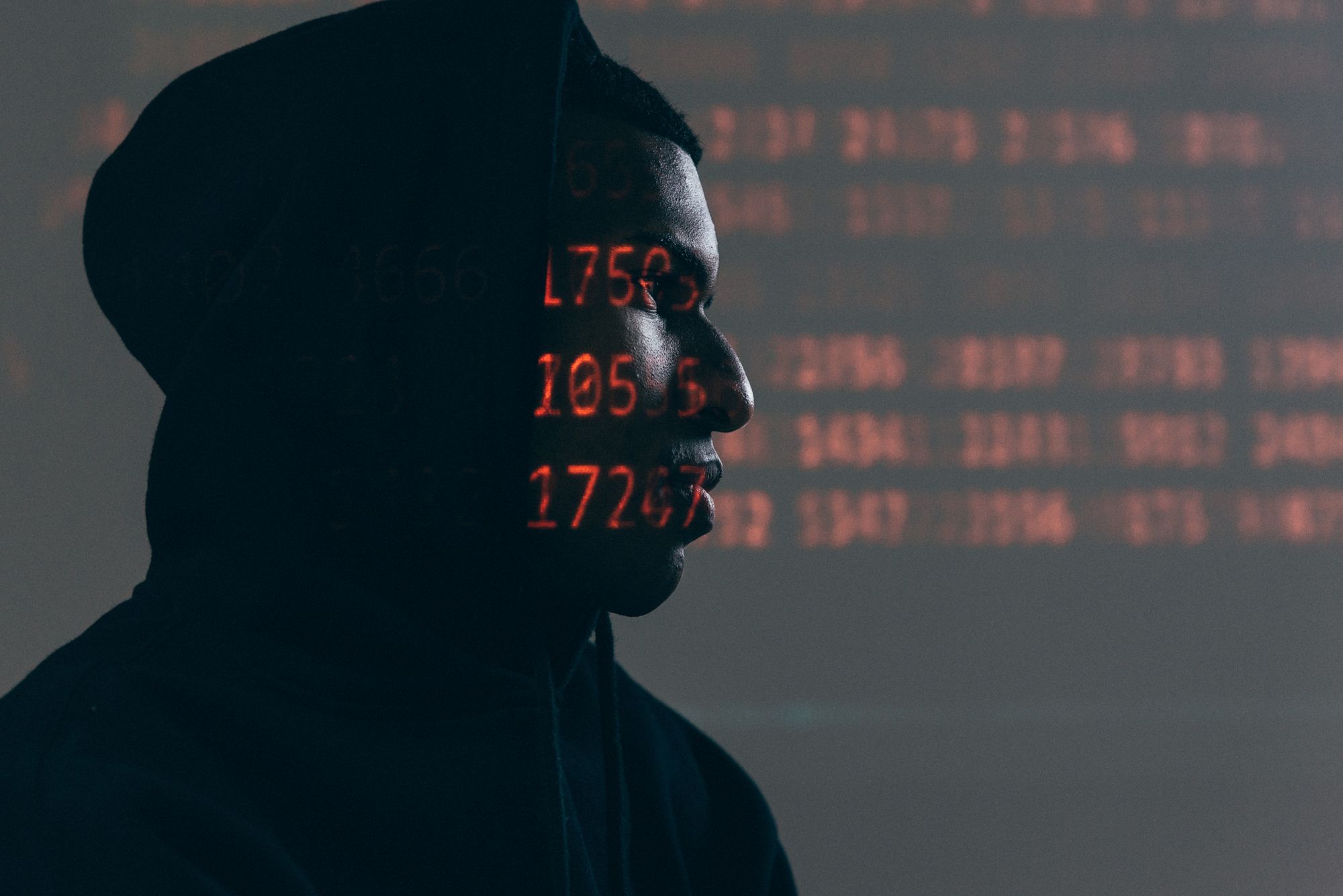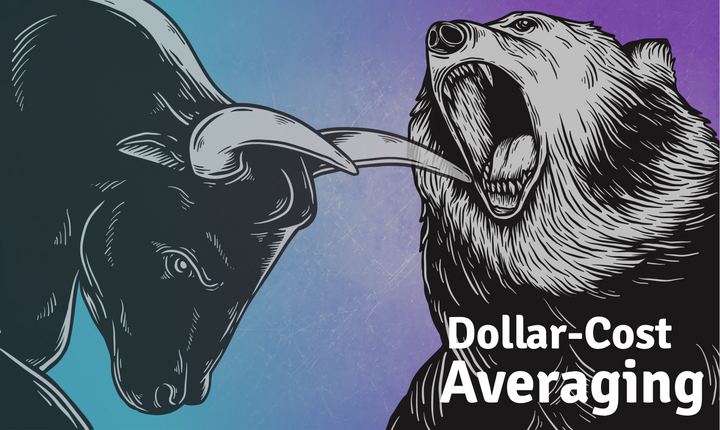Man lost $120,000 worth of cryptocurrency by clicking a single link
In 2021, crypto hackers stole US$3.2 billion (A$4.48 billion) worth of cryptocurrency, according to Chainalysis. This was five times more than was stolen in 2020.


A man lost $120,000 worth of cryptocurrency by clicking a single link. He stored his crypto in a hardware wallet (Ledger Nano S) and four different Metamask "hot" wallets. He had been investing in cryptocurrency since 2016 and had built up his portfolio for years.
According to his story shared on the Reddit r/Cryptocurrency thread, the man who goes by the username PowerOfTheGods believes his crypto wallets were wiped out by a malicious link he unknowingly clicked on while browsing. The trojan unleashed by the link infiltrated his browser, found his Metamask extension unlocked, and then cleaned out all his crypto in a few minutes.
On Reddit, Twitter and other social platforms, there are countless stories of traders losing their crypto to hackers and scammers. In 2021, crypto hackers stole US$3.2 billion (A$4.48 billion) worth of cryptocurrency, according to Chainalysis. This was five times more than was stolen in 2020.
Cryptocurrency hacks and scams are unfortunately expanding nearly as fast as legitimate crypto is growing. Hence, there is a need for increased vigilance on the part of traders. We have previously explained how crypto scams work and how to avoid them. You can read about it here.
In this article, we'd be delving into how to secure your crypto wallet to avoid losing your cryptocurrencies to hackers.
How to secure your online cryptocurrency wallet
The primary gateway to your online crypto wallet being hacked is through the exchange platform you use, your browser, and your wallet app. Your confidential information can be tracked or traced through these gateways by hackers to steal your cryptocurrency and gain access to other sensitive information.
Here are five tips for securing your online crypto wallet to avoid falling prey to crypto hackers and criminals.
- Use a trustworthy crypto wallet provider
Numerous crypto wallet providers offer mobile and web apps for trading and holding cryptocurrency. Before selecting a crypto wallet to use, research the provider and read user reviews. A trustworthy cryptocurrency wallet provider or platform should have adequate authentic information on their website, verifiable online visibility and a verifiable contact address.
If you spot too many red flags about a trading platform like low play store/google store ratings, many suspiciously positive reviews etc., avoid it. It is always better to be safe than sorry.
- Enable two-factor authentication
Much of our sensitive information lives on the internet, making our online accounts a magnet for cybercriminals. A single password is no longer enough despite being the most common form of authentication and account protection. Two-factor authentication is a security process that requires users to provide two different types of information before gaining access to an online or in-app account or even a computer system. It is also known as dual-factor authentication or two-step verification.
With 2FA, even if a hacker can get your password, they are less likely to succeed at stealing your information because of the extra layer of protection requesting a passcode, fingerprint or facial recognition.
- Change your password often
How strong is your password? How often do you change it? How many accounts/apps/devices do you use the same password for?
Having a strong, complex password for your crypto wallet is crucial and switching your password at least every three months is highly advisable. In addition, use separate passwords for all your devices, accounts and apps. If you have difficulty remembering the passwords, you can use a manager like LastPass. Never auto-save your crypto wallet passwords when prompted by Google Chrome or other password-save extensions/tools.

- Double-check all website links before clicking on them to avoid falling victim to phishing.
Numerous websites on the internet have been created by malicious parties to resemble legitimate company websites. These sites are clones that steal your confidential information to hack into your crypto wallet and steal your assets. This is known as phishing. To avoid falling for crypto phishing scams, always double-check whatever URL you type into your browser and do not tap on links that come from places, people or accounts you don't trust.
A fake website is likely not to have a tiny lock icon near the URL bar and no "https" that indicates the site is safe to visit and use. Hackers tend to change the letters of the fake site URL to mimic an authentic URL. For instance, a scammer could set up an 0biex.finance or 0b1ex.finance site knowing the URL is identical to the original obiex.finance site.
- Keep Your Holdings and Wallet Login Information Private
No one needs to know how much cryptocurrency you own. And yes, that includes your friends and family members.
Do not talk about how much crypto you own online so you don't become a target for hackers and scammers. Crypto criminals are already hard workers. Don't make their job easier. Also, never share your crypto wallet log-in details and transaction private key with anyone. No legitimate crypto exchange service provider will request your confidential information to fix any challenges you may have or to offer you a giveaway prize.

***
Crypto hackers are always on the lookout for security vulnerabilities to exploit. It is essential to stay alert and protect your online wallet with as many security layers as possible. Following the five tips above will give you a substantial edge over malicious parties attempting to steal your crypto.
To wrap up, here's a reminder of the five crypto wallet security tips:
- Use a trustworthy crypto wallet provider
- Change your password often
- Enable 2-factor authentication
- Double-check website links before clicking to avoid being phished
- Keep your crypto holdings and wallet login information private
Disclaimer: This article was written by the writer to provide guidance and understanding of cryptocurrency trading. It is not an exhaustive article and should not be taken as financial advice. Obiex Finance will not be held liable for your investment decisions.



